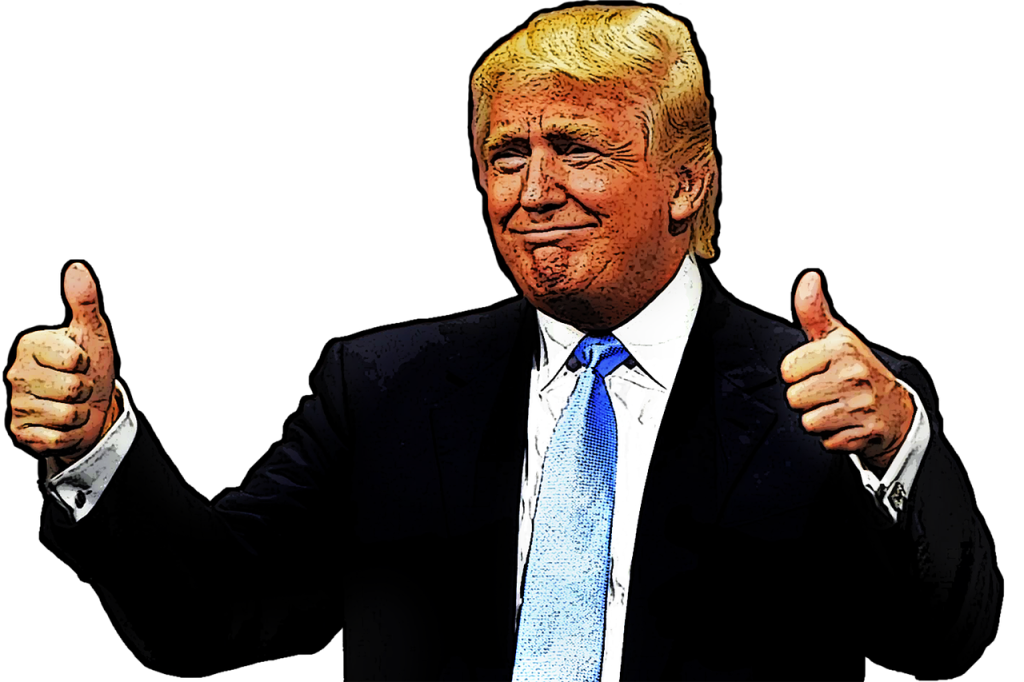
The strangest side effect of Donald Trump’s foreign-policy-by-tariff methods was the participation by Indian military experts in the joint Russia-Belarus “Zapad” military exercises held in the last few days. These exercises – for which Vladimir Putin visited a firing range in western Russia to see Russian and Belarusian troops, tanks, artillery, anti-aircraft systems and warplanes defeat fictional foreign-backed insurgents – were a rehearsal for conflict by Russia and Belarus with their Nato neighbours.
Indian premier Narendra Modi attended the recent Chinese-hosted international economic conference partly, I guess, as a response to Trump’s imposition of 50 per cent tariffs on Indian exports to the US to penalise their consumption of Russian oil and gas exports.
According to a report in the UK Times, the defence ministry in India sent 65 military personnel, drawn mainly from the Indian army’s elite Kumaon Regiment, to participate in the Zapad war games.
The Indian defence ministry is quoted as explaining that the participation consisted of “joint training, tactical drills and special arms drills” that would “further strengthen defence co-operation and foster camaraderie between India and Russia, thereby reinforcing the spirit of collaboration and mutual trust”.
All this must be judged against the statement by Trump that he would impose further sanctions on Russian energy exports only if “all Nato countries” imposed sanctions on such exports to Nato states. Those states include Turkey, which has now become the third largest importer of Russian hydrocarbons, after China and India. Trump also wants all Nato countries to impose tariffs of between 50 per cent and 100 per cent on Chinese imports. He argued that by doing so, Nato would loosen Beijing’s grip on the Kremlin. But Trump himself is engaged in difficult trade talks with China, so he is not practising what he preaches.
Nato partner states also include Viktor Orban’s Hungary and Slovakia, each of which negotiated a derogation on the EU ban on Russian oil and gas imports. Trump’s energy secretary, Chris Wright, is demanding that both countries end Russian hydrocarbon imports.
But Hungary’s EU affairs minister, Janos Boka, has claimed that the US is “more understanding” of the special position of landlocked states such as Slovakia and Hungary that depend on Russian energy exports. So which is it? Is the US seriously contemplating energy export sanctions against Russia? Or is this a cynical, slow bicycle race to cover up Trump’s repeated failure to use any significant leverage against the Putin regime following the murderous invasion of America’s fellow UN member state, Ukraine? It seems like the latter is the case.
Where has all this left America’s influence in the world? Which allies of the US still regard it as reliable and trustworthy? Apart from the Israeli government of Binyamin Netanyahu, which, according to the UN, is pursing genocide in Gaza, does America have any close friends left?
The grotesque charade of Trump paying his second state visit to London, this time to meet King Charles, underlines the fact that no other western government wants to host any such event.
I give Keir Starmer the benefit of the doubt that he did not know all the grimy detail of Peter Mandelson’s relationship with Jeffrey Epstein and his circle when he agreed to appoint him as Britain’s ambassador to the US, a position from which he has now been removed. But who suggested the appointment? Mandelson himself? Or the foreign office? Or staff at Downing Street? And why? Was no one in the British foreign office or intelligence establishments aware?
Whatever the truth, the richly deserved sacking of Mandelson in the immediate run-up to Trump’s state visit is most unfortunate, if not deeply embarrassing for the Starmer government.
The UK is embattled on many fronts. Labour has no credible response to mass migration across the English Channel. The first deportation flight based on the one-for-one deal done with France was a fiasco. The plane flew without any deportees on board due to legal challenges.
UK borrowing costs are remaining at a prohibitive level. Hoped-for economic growth has evaded the UK chancellor. Budgetary arithmetic simply isn’t adding up. Mass dissatisfaction is manifesting itself on the streets with huge anti-immigrant marches. Momentum seems to have swung behind Nigel Farage’s Reform Party.
None of the UK’s many travails gives us any cause for complacency or smug satisfaction. The prospect of a Reform government or a Reform-Tory coalition has serious implications for British-Irish relations. Luckily, that prospect is not immediate if Labour remains in office for a few more years – and nothing is inevitable in politics. But there are few reasons for optimism at this point.
Anyone who thinks that such gloomy prospects in the UK is a matter of indifference for Ireland should contemplate what would happen if promised mass deportation takes place in Britain in the context of the free travel area between Ireland and Britain. Likewise, anyone who disregards the knock-on effects for Northern Ireland of a strongly English nationalist government at Westminster is putting his or her head in the sand. There appears to be a resurgence in loyalist paramilitarism manifesting itself in anti-immigration activism and violence, and in increased sectarian threats of violence between Catholics and Protestants in mixed communities. Nationally and internationally, we are heading into very choppy waters.
